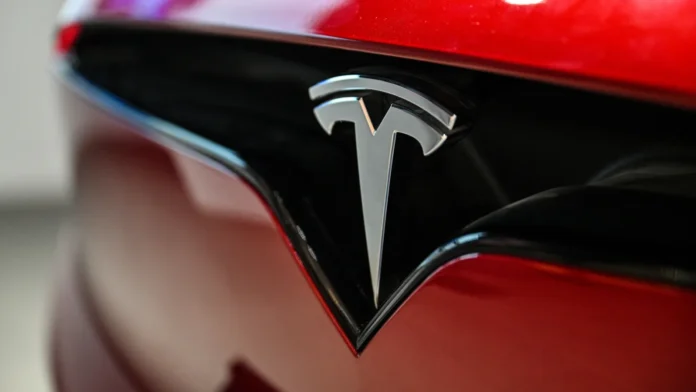MIAMI: A federal jury in Florida has ordered Tesla Inc to pay $243 million in damages over a 2019 fatal crash involving its Autopilot system, delivering a landmark verdict that could open the door for more lawsuits against the electric vehicle giant.
The jury awarded $129 million in compensatory damages to the estate of Naibel Benavides Leon and her former boyfriend Dillon Angulo, who suffered life-altering injuries. It also awarded $200 million in punitive damages, although Tesla was held only 33% liable for the compensatory amount — approximately $42.6 million. The remaining 67% liability was assigned to George McGee, the driver of the Tesla, though he was not named as a defendant and won’t be paying damages.
The crash occurred on April 25, 2019, when McGee, driving a Tesla Model S at 62 mph, ran a stop sign and red light while reaching for a dropped cellphone. The vehicle struck a stationary Chevrolet Tahoe, killing Leon—who was thrown 75 feet—and seriously injuring Angulo. Notably, no Autopilot warnings were triggered before the crash.
This case marks the first wrongful-death verdict tied to Tesla’s driver-assistance software, and plaintiffs originally sought $345 million.
“Tesla designed Autopilot for use on controlled-access highways but didn’t restrict its use on other roads,” said Brett Schreiber, lead attorney for the victims. “This verdict represents justice for Naibel’s tragic death and Dillon’s lifelong injuries.”
Tesla said it would appeal the decision, calling the verdict “wrong” and cautioning that it may slow development of life-saving technologies.
Legal analysts say the ruling sets a strong precedent that could raise settlement costs and inspire additional legal action. It may also complicate Elon Musk’s ambitions to launch robotaxis based on enhanced Autopilot features as early as next year.
Experts like Philip Koopman of Carnegie Mellon University said the jury’s decision suggests the Autopilot software had design flaws. Tesla maintains that McGee accepted responsibility and that no vehicle — then or now — could have prevented the collision.
Following the ruling, Tesla shares dipped 1.8% on Friday, and are now down 25% year-to-date.




